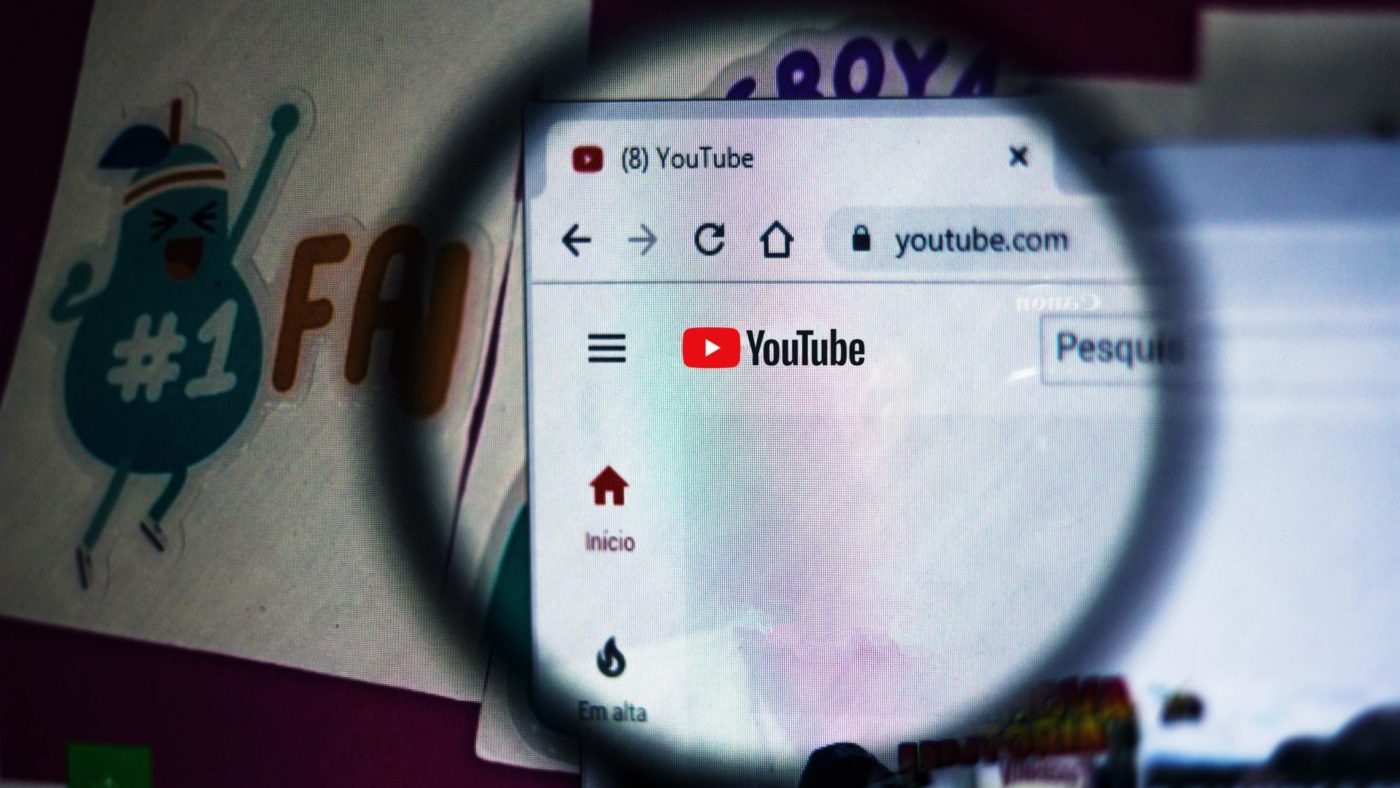For defenders of free speech, news that conspiracy theorist David Icke’s YouTube and Facebook channels have been deleted may set alarm bells ringing.
The arguments in this area are well-rehearsed to the point of tediousness, often furnished with that classic, somewhat apocryphal Voltaire quote about disagreeing with what someone says, but defending to the death their right to say it.
Of course, those of a liberal disposition ought to have instinctive sympathy with the sentiment. One of the most important things that separates liberal democratic societies from police states like China is a robust commitment to freedom of expression. It warms the heart to know there are people willing to defend the rights of anyone to say what they like, however unpalatable we might find their opinions. Indeed, you could argue that that is as true a definition of tolerance as you are likely to find.
And it’s even more important to be on the lookout when so many of our rights have been temporarily trampled on, if not dispensed with, to battle this wretched virus.
At the same time, the right to express oneself does not mean freedom from the consequences of that expression. There is already a legal distinction, for instance, between voicing an outlandish opinion and calling for violence against other people. Likewise, defamation law provides a degree of both redress and insurance against the peddling of malicious falsehoods.
Of course, where that line is drawn is bound to have a degree of arbitrariness – one person’s view of vigorous commentary or fair comment could be another’s incitement.
The case of David Icke frames this distinction quite neatly. His channels were not removed because of his well-documented thoughts about alien lizards controlling the world’s population, but because his content about coronavirus was deemed to pose a risk to public health – the same reason Ofcom is investigating little-watched TV channel London Live for broadcasting an 80-minute interview with Icke a few weeks ago.
But even if you disagree with where YouTube and Facebook have drawn the line here, I’m not sure that removing content from someone like Icke is necessarily an affront to free speech or an example of censorship.
Both of those are general concepts that apply to our legal rights as private citizens. It’s a long hop and skip from there to arguing that anyone is entitled to disseminate their content on a third party platform, regardless of what that third party’s own policies might be.
In the same way – at least in non-Covid times – freedom of assembly means we can go and meet who we want where we see fit, but it doesn’t mean we have a God-given right to enter any premises.
To run the argument in reverse, would anyone seriously argue that companies of whatever size should not be able to moderate who does and doesn’t appear on their platform?
One rejoinder to that point is that the likes of YouTube and Facebook are the modern equivalent of the ‘public square’ of old. I’m not sure that’s quite right. If there is a public square, it is surely the internet itself, rather than any individual companies. Indeed, in Icke’s case, his YouTube channel may have been removed, but he has plenty of other outlets, including his own website, to spread his particular brand of lizard-aware tin-hat tomfoolery.
Perhaps the more pertinent question is whether deleting channels or Facebook accounts is actually an effective way of dealing with online cranks. In this case, the furore surrounding Icke’s treatment will probably just generate more publicity for his deranged ramblings, potentially attracting even more people susceptible to the idea that phone masts cause viruses.
Nevertheless, even if you think they are mistaken, the tech giants are entitled to make their own mistakes, just as we users are entitled to boycott, delete our own accounts or otherwise complain about them.
Or to paraphrase the real author of that Voltaire ‘quote’, Evelyn Beatrice Hall, I might disagree with YouTube’s decision, but I would defend to the death their right to police their own platform.
Click here to subscribe to our daily briefing – the best pieces from CapX and across the web.
CapX depends on the generosity of its readers. If you value what we do, please consider making a donation.


